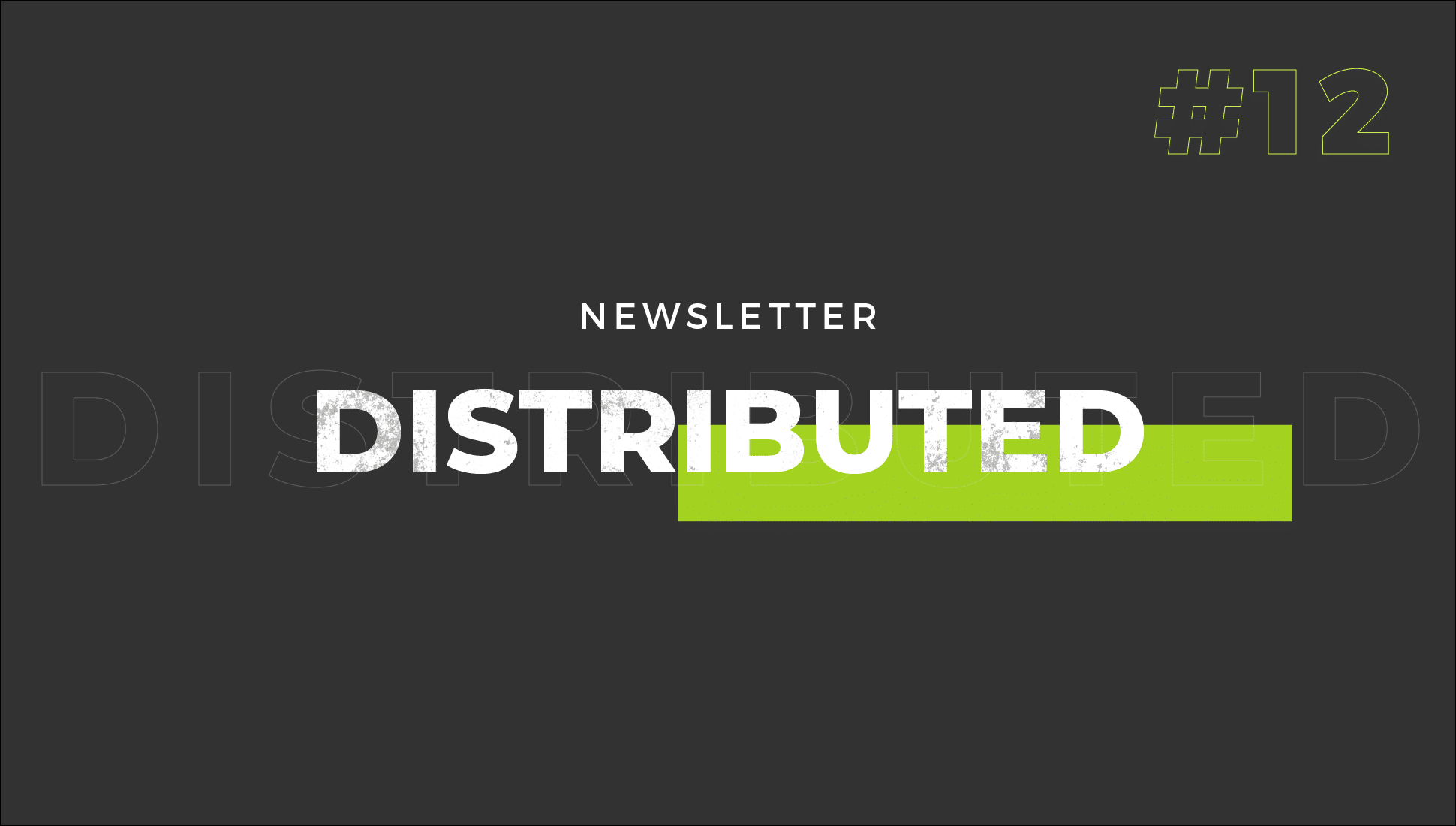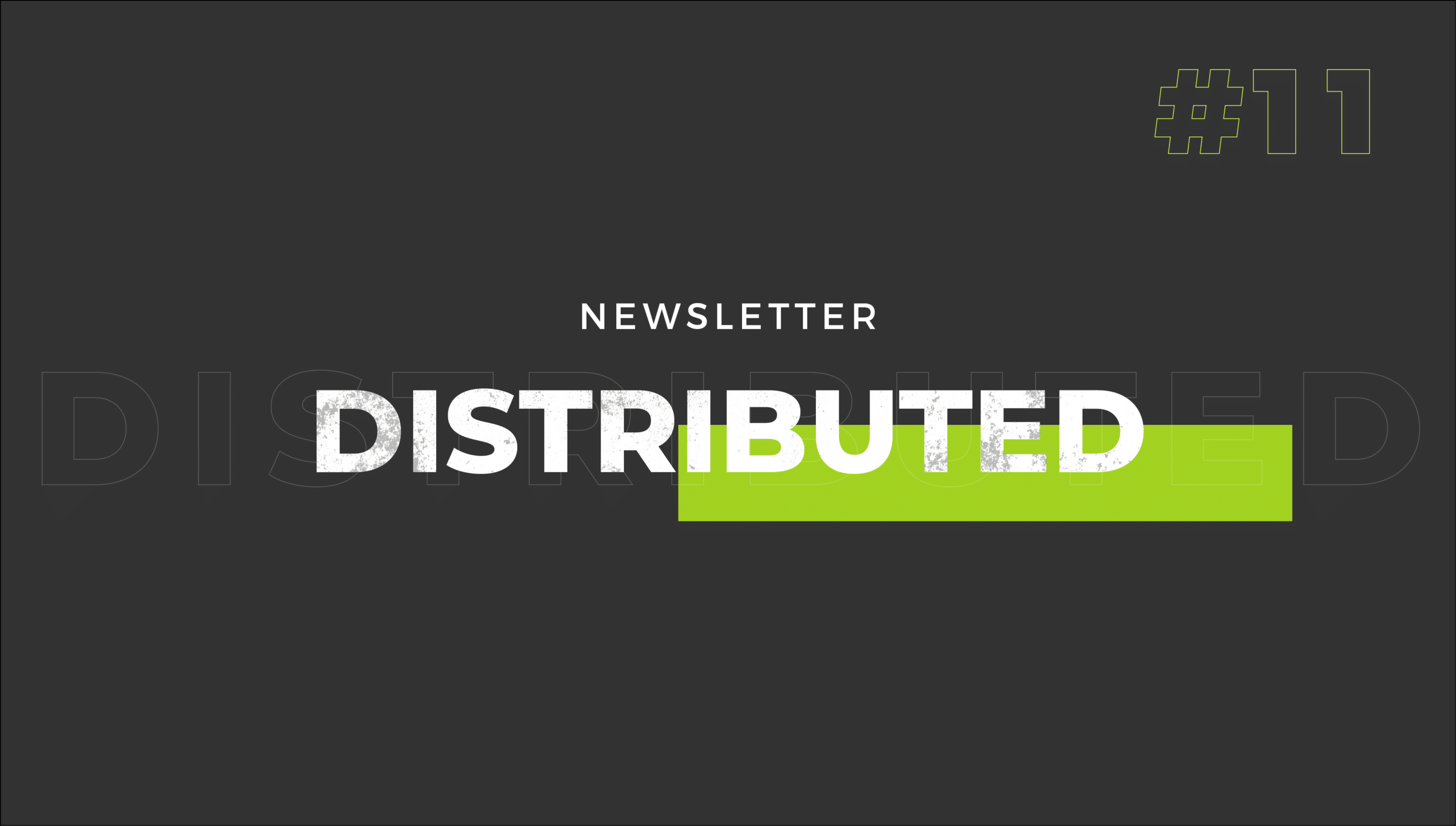Searching for an agency partner can be both an exciting and a scary process. On one hand, you’re hopeful that this new partner will help you grow your business to new heights through improved marketing efforts. On the other, you’re concerned about what to expect, how much it will cost, and how you can choose the best fit for your company.
The key to maximizing the benefits while minimizing (not eliminating, minimizing) the challenges that come with a new relationship? Setting very clear expectations from the beginning of the process, and being open with important information while asking the right questions to understand the culture behind the agency.
1. Understand Worry and Nervousness Are Both Part of the Game.
It is impossible to completely eliminate the worry and nervousness that come with starting a new relationship.
Think about “The Bachelor” for a second. Just watching those people on their first date feels awkward. Imagine how they feel on camera! Well, that same amount of nervousness and discomfort is probably present when you first engage with an agency. Of course, you aren’t potentially spending your life with your marketing partner, but you are making a big decision for your company. And that matters. This partner is going to directly impact your ability to achieve your business goals. If you choose the right partner, you can have a lot of success together; get the wrong one, and your selection is going to negatively impact both your company’s success and your credibility within your workplace. That’s stressful.
Your own history with agencies will influence your outlook on your next agency relationship. The fact is, if you worked with a less-than-stellar (I’m being diplomatic) agency in the past, you may be a very skeptical buyer this time around. That is understandable, and completely okay. Question what you’re hearing. Ask why the agency approaches work that particular way. Being upfront about your own experiences will only serve to help the agency communicate effectively with you about what to expect this time around.
Don’t expect to get a quote right off the bat. I expect to get the cost question at the end of almost every introductory meeting I have. How much is this going to cost to make happen? It is a completely fair question—but that doesn’t mean it is the one to be asking. At some agencies, there are standardized pricing models. They are able to tell you a dollar amount after the very first conversation. Sometimes, this is exactly what fits the bill. Other times, however, a more customized approach is in order.
At Element Three, for example, we have to understand the cost drivers of the project in order to determine the total cost. On a website project, some of the cost drivers include the audience you’re trying to reach and the research and insights needed on your site. It’s almost impossible to cover all of the cost drivers in the initial conversation, and it isn’t really the point of the introductory talk.
Therefore, with us (and other agencies that do not have a productized service), the quote question is difficult to answer. In short: we’re going to work within your budget to accomplish as many of your goals as we can.
2. Set Expectations from the Get-Go.
Setting expectations at the beginning allows you and your agency partner to be completely transparent rather than guessing what the other wants.
Don’t hold back on telling your potential partner what you want to get out of this relationship. You want a beach house with a Lamborghini? Great, let’s fill in the details. But, no, in seriousness, this has to do both with the deliverables you want as well as the manner in which you want to communicate. While we always stress the importance of overall strategy, there are times when you simply need a very sleek landing page designed by the end of the month—and strategy can come after. Be clear about that. Understand you need the integrated strategy, but also make it clear there are priorities.
Additionally, being clear on both sides about communication cadence and style is extremely helpful. If you prefer to communicate via email, and your point of contact is constantly calling you, doesn’t that get annoying? Or, if it is easier for you to do video conferencing and your Account Executive keeps trying to schedule in-person meetings, that is bothersome as well. Outside of just the pattern of communication, you also want to know about frequency. Is a weekly update good for you, or do you prefer a monthly wrap-up in which you can dive fully into the details? These are all important questions, and all ones that should be covered.
Equally important is what you DON’T want out of your agency relationship. If you’re engaging multiple firms, for example, and you want one to be your digital marketing expert and another to be your website development team, make that clear. The point I’m getting at is this: you and your partner need to come together and truly understand what makes the other tick. Under what circumstances do you do your best work? Knowing this out of the gate saves time in the long run and, more importantly, saves frustration with the overall work environment.
One of the primary points to consider at the outset is the timeline for making the decision. Often, all of the steps required to fully complete the decision to work with an agency are not well thought through. So, while you may say you want to get started in the next two weeks, internal reviews, legal processes, and procurement may impact that timeline. Make sure you’re aligned with the decision-making process internally, and share that process with your agency partner. If we can call out areas that maybe you haven’t considered, great, and if you’re all set up and know how long it will take, all the better.
3. They Say Honesty Is the Best Policy. We Agree.
There’s nothing that can ruin a potentially good relationship like holding back information from one another. Sometimes talking with a salesperson feels like a game. When you go to the used car lot, for example, you’re holding back from the salesman (sometimes for good reason). But this isn’t a used car lot. In partnering with a marketing agency, you’re going to find the best value from finding a true partner. The only way to find a true partner? Be honest up front.
This runs both ways. If your agency is dancing around questions without good reason, you may consider why they’re doing so. Maybe they don’t have any experience with your problem. This can actually be a net positive sometimes if it provides new perspective. Or, perhaps they don’t really offer the service you’re after, but it’s hard to tell you that and lose the sale. If your agency contact isn’t being honest, you’ll be able to feel it, and it can be a sign. I’ve had many conversations where I’ve had to say, “this isn’t the best fit for us right now,” for a myriad of reasons. It’s not fun to say and often I wish it weren’t the case, but it’s best for us and the potential client in the long run.
The purpose of your initial conversation is to understand potential fit—not to buy something. Remember what you’re having this call for: to evaluate whether the agency is a potentially good partner for you. In order for them to accurately answer any questions about how they work, who they work best with, and under what circumstances they can complete this work, you need to be willing to share as well. Share your business goals, how your business model works, and how you and your team actually make money. Marketing’s job is to improve the performance of the bottom line. Marketing needs to know where that bottom line lands. Hiding information is simply counterintuitive to making this happen.
You’re going to have to have a conversation about budget at some point—it might as well be now. At the end of the day, no matter how much you and your agency connect, no matter how many sparks fly, if the businesses don’t line up from a budgetary standpoint it gets very difficult to make things happen.
Now, just as I said we won’t be able to quote you, it’s possible you don’t know exactly what you’re going to need to invest in marketing to achieve your goals. That’s okay. Expected, even. However, you most likely have a range. There is probably a top-end number past which you simply cannot pay, and a low-end number under which you know you won’t find the quality and value you’re looking for. Those are the parameters of the sandbox in which we’ll devise a plan to attack your goal. Knowing this range is absolutely imperative to making the engagement work. Plus, as we work to scope the project, we’ll be able to discuss tradeoffs and considerations of deliverables in order to make your budget work.
Honesty and Openness: the Foundation of All Good Relationships.
Setting and managing expectations for your upcoming marketing agency relationship comes down to three things: honesty, transparency, and understanding. Interestingly, these are some of the same things that influence the quality of your personal relationships. It is one of the reasons transparency is a core value at E3—we expect to show up with it every day, and we expect those we interact with to do the same. It’s good for business, and great for partnerships.





